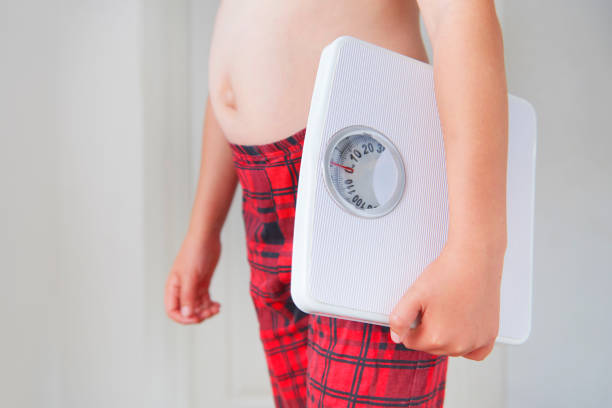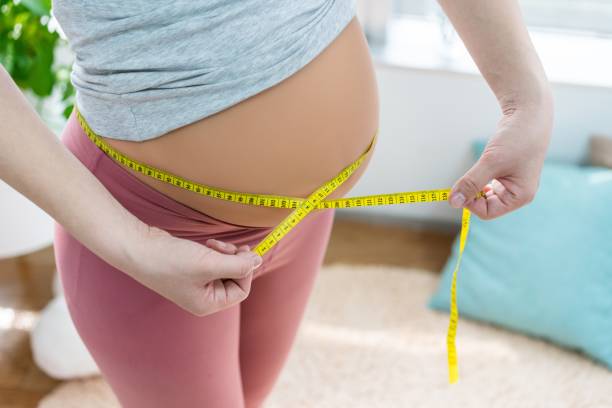Today’s teens have a variety of pressures, coming from social media, the demands of school and their own thoughts. While some people focus on losing weight, it’s important for teens to lose weight in a way that focuses on health, helps build confidence and creates lasting habits instead of quick results or harsh changes in what is eaten. This guide has been created for both teenagers and their guardians, giving them helpful information for getting lasting results and caring for their mental health.
Why Weight Loss Is Different for Teens
Teenagers are still growing. Teens require a diet that supports their growth, changing hormones and mental development, in greater quantity than adults. That’s why very restrictive or fad diets can end up harming your health rather than helping it.
- In fact, schools should concentrate on
- Balanced eating
- Keeping yourself active through movement
- Having a good view of one’s body
- Working on creating habits you can stick to for years
How Being a Teen Changed My Life
I was dealing with weight gain while trying to get through high school, spend time on screens and eat my emotions. I didn’t see anything working from skipping meals, lessening my carbs or following mega-juice plans. After a while, I discovered that regular little changes brought about better results.
Losing over 15 pounds in 6 months became possible for me because I focused on walking every day, chose healthier foods over junk and drank more water — and it was a great boost for my health and mood too. I discovered that it’s better to focus on your health than only on your weight.
“Be kind to your body — it’s the only one you’ve got.”
Best Weight Loss Strategies for Teens
1. Focus on Real Foods
Avoid highly processed snacks and meals. Instead, build meals around:
Fruits and vegetables
Lean proteins (eggs, chicken, tofu)
Whole grains (oats, brown rice, whole-wheat bread)
Healthy fats (nuts, seeds, olive oil)
2. Eat Regular Meals
Skipping meals slows your metabolism and makes you more likely to overeat later. Aim for:
3 main meals + 1–2 small snacks
Breakfast every day (it improves focus and energy)
Snack Ideas:
Apple with peanut butter
Yogurt with granola
Hard-boiled eggs
3. Stay Active in Fun Ways
Forget the gym! Teens can get moving by:
Playing sports (football, basketball, swimming)
Walking or biking to school
Dancing, skating, or playing with friends
Doing home workouts from YouTube
Aim for 60 minutes of activity daily — even if it’s broken into small chunks.
4. Reduce Sugary Drinks
Soft drinks, energy drinks, and even fruit juices can pack in hundreds of empty calories.
Swap with:
Water
Herbal tea
Sparkling water with lemon/lime
5. Get Enough Sleep
Teens need 8–10 hours of sleep. Lack of rest can increase hunger hormones and cause weight gain.
Tips for better sleep:
No phones 1 hour before bed
Keep a regular sleep schedule
Create a calming night routine
6. Build a Healthy Relationship with Food
Avoid labeling food as “good” or “bad.” Instead, understand that food is fuel. Enjoy treats in moderation without guilt.
Healthy Weekly Meal Plan for Teens
| Meal | Option 1 | Option 2 |
|---|---|---|
| Breakfast | Oatmeal with banana and nuts | Eggs + whole grain toast + orange |
| Snack | Greek yogurt + berries | Apple + almond butter |
| Lunch | Chicken wrap + salad | Brown rice + tofu + mixed veggies |
| Snack | Carrot sticks + hummus | Handful of trail mix |
| Dinner | Grilled salmon + sweet potato + broccoli | Stir-fry chicken + brown rice |
Mental Health Matters Too
Weight loss should never compromise your mental health. Talk to someone if you’re feeling:
Obsessive about food
Depressed or anxious about your weight
Pressured to look a certain way
Parental Support Tips
If you’re a parent reading this, here’s how you can help your teen:
Be a role model — eat healthy and stay active
Avoid negative talk about weight
Cook meals together
Encourage, but don’t pressure
Celebrate small wins
Conclusion: Health First, Always
Getting in better shape doesn’t mean everyone has to look good in a swimsuit or be popular online — it’s about your overall well-being. It’s the little things you do often that have a big impact. Pay attention to your food, your body and your thoughts.


